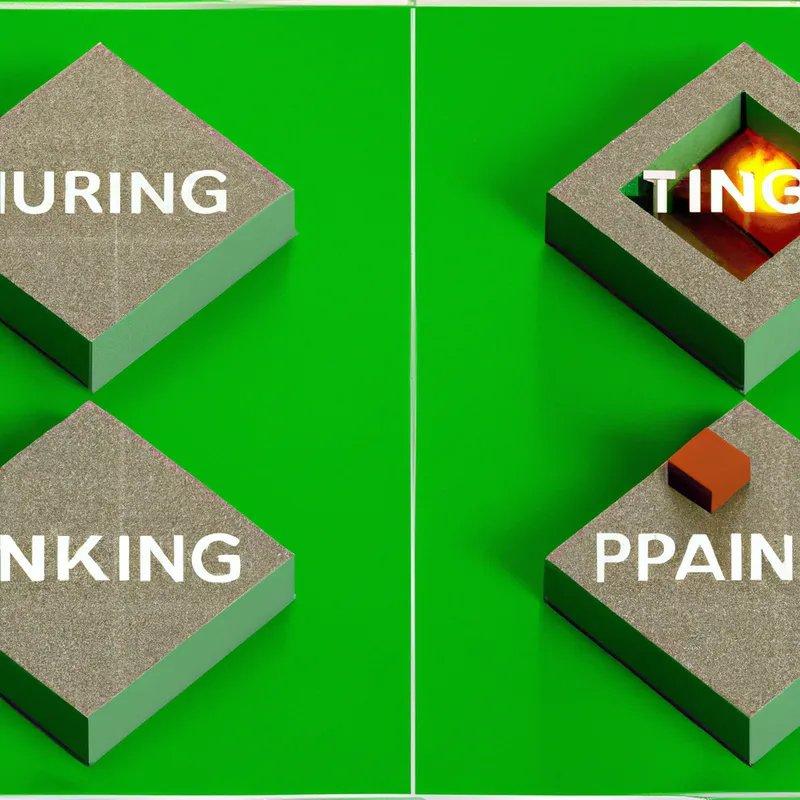Explore How Fasting Affects Your Sleep Quality
The Effects of Intermittent Fasting on Sleep Quality and Patterns
Intermittent fasting (IF) has gained popularity for its potential benefits in weight loss, metabolic health, and overall well-being. While many embrace IF for these reasons, its impact on sleep quality deserves closer examination. Sleep plays a critical role in overall health, and understanding fasting’s effects can help individuals optimize eating and sleeping habits.
Understanding Intermittent Fasting
Intermittent fasting involves cycling between eating and fasting periods. It focuses on when to eat, not what to eat. Various methods exist, including the 16/8 method, which allows an 8-hour eating window. Another approach, the 5:2 diet, lets individuals eat normally for five days and restrict calories to 500–600 on two non-consecutive days. Alternate-day fasting alternates between regular eating and fasting days.
Fasting induces physiological and hormonal changes in the body. During fasting, insulin levels drop, allowing fat stores to break down for energy. Hormones like norepinephrine and growth hormone increase, aiding fat loss and muscle preservation. These changes can impact sleep, making it essential to explore fasting’s influence on sleep quality and patterns.
How Intermittent Fasting Affects Sleep Patterns
Research on intermittent fasting and sleep is developing, but preliminary findings reveal a complex relationship. Some individuals experience improved sleep quality, while others face challenges. Here’s a closer look at how intermittent fasting affects sleep patterns.
Potential Sleep Benefits
1. **Improved Sleep Quality**: Many individuals practicing intermittent fasting report better sleep quality. Some studies indicate fasting may increase melatonin production, which regulates sleep-wake cycles. Higher melatonin levels can lead to deeper, more restorative sleep.
2. **Regulated Circadian Rhythms**: Intermittent fasting can help synchronize the body’s internal clock. Aligning eating patterns with natural light cycles may promote a more regular sleep-wake cycle, leading to improved sleep consistency.
3. **Reduced Sleep Disruptions**: Some research suggests that intermittent fasting may reduce disruptions caused by late-night eating. Restricting food intake to earlier in the day can lead to fewer incidents of indigestion that interfere with sleep.
Possible Sleep Disruptions
1. **Hunger Pangs**: One common challenge with intermittent fasting is hunger pangs, particularly during the early days of the regimen. For some, these feelings can disrupt sleep.
Conclusion
Intermittent fasting offers potential benefits and challenges for sleep quality. Further research can clarify these effects and help individuals make informed choices.
Below are related products based on this post:
FAQ
What is intermittent fasting and how does it work?
Intermittent fasting (IF) involves cycling between periods of eating and fasting. It focuses on when to eat rather than what to eat. Various methods include the 16/8 method, allowing an 8-hour eating window, and the 5:2 diet, which permits normal eating for five days and restricting calories on two non-consecutive days. These approaches lead to physiological and hormonal changes in the body that can impact various aspects of health, including sleep.
How does intermittent fasting affect sleep quality?
Intermittent fasting can have a range of effects on sleep quality. Some individuals report improved sleep due to increased melatonin production, which helps regulate sleep-wake cycles. Additionally, fasting may help synchronize circadian rhythms and reduce sleep disruptions caused by late-night eating. However, challenges such as hunger pangs can also disrupt sleep for some individuals during the initial stages of the regimen.
Are there any potential downsides to intermittent fasting regarding sleep?
Yes, while intermittent fasting may offer benefits for sleep quality, it can also pose challenges. Hunger pangs, especially during the early days of fasting, can disrupt sleep for some individuals. It’s essential for those considering intermittent fasting to be aware of these potential issues and to monitor their sleep patterns as they















Post Comment